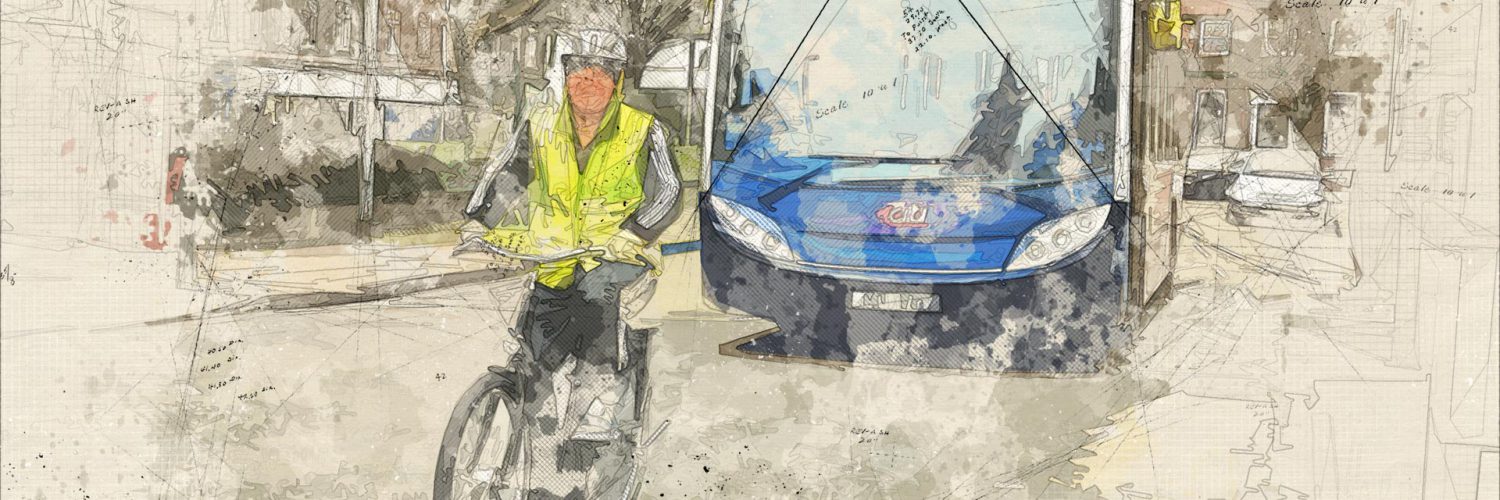It’s time to change the way ‘consultation’ works (or doesn’t).
Currently, residents might learn about a council project for the first time from an invitation to a ‘briefing’. Those who have time and inclination to attend are shown technical drawings or maps, and are told how the proposed scheme will work. There is little to explain what problem is being solved, or what evidence supports the proposed solutions being the best available. Few can imagine in detail how the scheme will look and work in practice.
Feedback forms contain questions so general (‘Do you support improvements for cyclists/bus users?’) as to mean little in context. Specific queries about the scheme are too limited (‘Do you prefer Option A, B, C or “Do Nothing”?’). If there’s a ‘Comments’ box, is this really an opportunity at this late stage to offer alternative ideas for consideration?
Plans then progress, sometimes with more rounds of ‘consultation’. It’s difficult to discern what impact people’s feedback has. And then, at a daytime meeting of a County Council committee, a decision is made.
When concrete-mixers arrive and people begin to see the scheme taking shape on the ground, many are unhappy. For most, this is the first time they’ve understood what the scheme means (or even the first time they’ve become aware of it). Council officers then have to deal with a barrage of questions, complaints, threats of legal challenges and, sadly, abuse. This is frustrating and inefficient for everyone.
There is another way. By involving local residents at the outset, we can tap people’s knowledge and explore ideas together. We need clearly defined aims, open minds and blank pieces of paper at brainstorming workshops with officers, residents, and experts – in urban design, heritage, ecology, transport, disability, etc. People have so much to offer on a voluntary basis. Not everyone will agree on one solution, but informed debate can change minds, and permit compromises that are acceptable to most people. Even those who don’t agree with the outcome at least understand how it was arrived at.
If the City Deal ‘Greenways’ rural cycle routes tried this kind of community engagement, we could end up with something really special. Who’s up for the challenge?
This article was first published in the Cambridge Independent on 12 April 2017.



Add comment